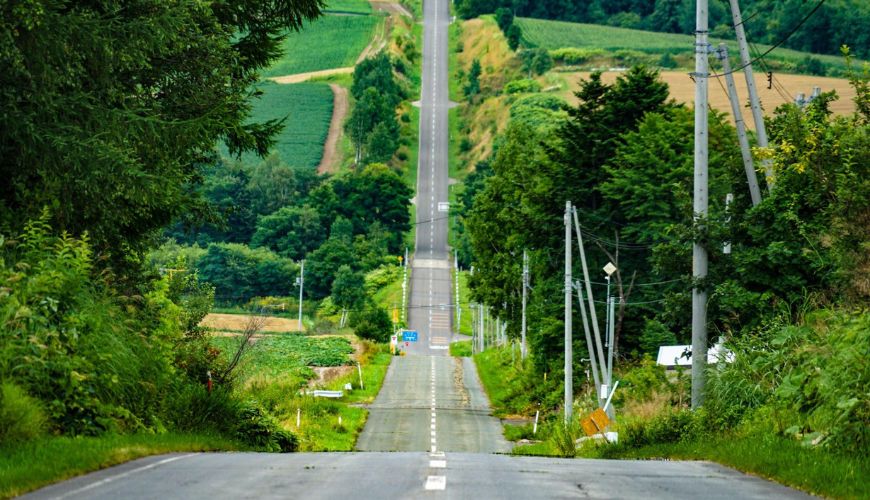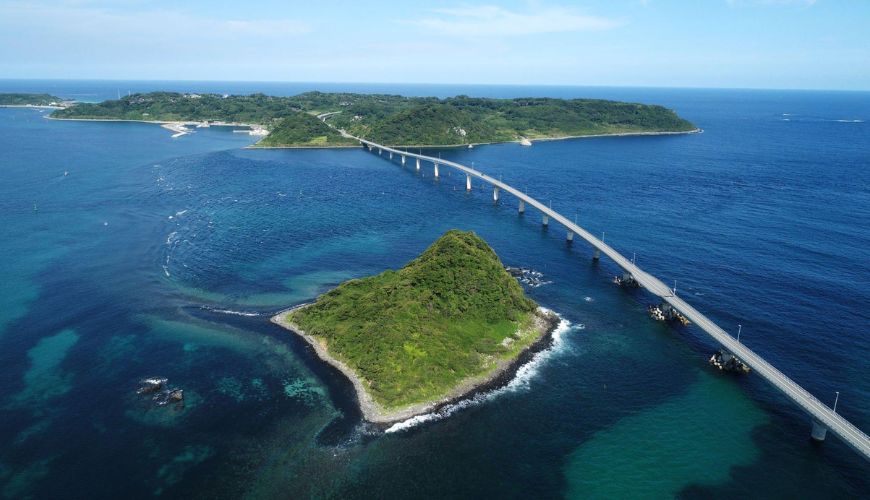Call Us: +1 315 998 1998
Public transportation is convenient for getting to Honshu, but you'll need a vehicle to tour Japan's more remote regions. We inquired as to the experience of driving in Japan from a Japan expert who had just returned from a self-drive trip throughout Japan's northernmost island, Hokkaido. For anyone considering a similar vacation, it's essential to consult a Japan travel guide to traverse the unique experiences and sights the nation has to offer.
rnNaturally, we only rent Toyotas since their warranty is the finest. I recommend a saloon (sedan) with five doors, such as a Toyota Corolla (minivans are also available for more immense parties). There is no need for a 4x4 vehicle since the roads are smooth and well-maintained, even in the most isolated areas.
rnA left turn would be appropriate. The British assisted in building the left-side running railroad system in Japan during the latter half of the 19th century. Motor traffic naturally shifted to the left since that was where the railroad was running.
rn The path of the roller coaster (Furano, Hokkaido)
The path of the roller coaster (Furano, Hokkaido)
Simple as that. The GPS on your rental vehicle is probably rather basic, but having the rental agency set it up for you and translate the directions into English would be helpful.
rnIn Japan, people only bother with postcodes since they need clarification; instead, you'll use a phone number or map code to guide you to your destination. Dial the hotel's phone number, and you'll be sent immediately to the front door. Visitors can quickly and easily locate most landmarks and attractions on the road using their unique map codes.
rnMost hotels have free parking, and there are several rest areas along rural roads to take in the scenery. You may even stop at random hot springs along the roadways of Hokkaido and have a soak (swimsuit optional)!
rnThank goodness attendants are present at every gas station in Japan, which streamlines the procedure. In just a few swift minutes, from the moment you drive up, the attendant will ask whether you want a full tank, fill your gas tank, and then collect payment. Conveniently located nationwide, gas stations ensure you won't have to worry about running out of gas.
rn Sea of Japan, Tsunoshima Bridge
Sea of Japan, Tsunoshima Bridge
It is a pipe dream outside of the cities. Nationally, the maximum allowed speed is 50 km/h (31 mph), with a rise to 80 km/h (49 mph) on highways. Even though Japanese people are notoriously rule-abiding, you could see the occasional motorist exceeding the posted speed limit. There is a plethora of speed cameras.
rnUrban areas have slow-moving, stop-and-go traffic. I recommend returning your rental vehicle to its hub and picking it up again when you depart if you plan on staying in a city for more than a day or two.
rnRoad travel is generally safe, especially in urban areas with strict speed restrictions. Still, in rural regions, you should be aware of the possibility of seeing wildlife such as deer or foxes.
rnYou can purchase a bento lunchbox at a convenience shop in most small towns with rice, veggies, and umeboshi (pickled fruit). Many little places offer only one or two things, and it's always a risk since there's seldom a graphic menu, but I've always been satisfied.
rnrn
Visitors need a valid International Driver's Permit to operate a motor vehicle in Japan. The process often begins in the applicant's home country, with an application and fee submitted before departure. After that, you have 12 months to travel the globe with your permission.
Start thinking about your experience. These itineraries are simply suggestions for how you could enjoy some of the same experiences as our specialists. They’re just for inspiration, because your trip will be created around your particular tastes.
Start thinking about your experience. These itineraries are simply suggestions for how you could enjoy some of the same experiences as our specialists. They’re just for inspiration, because your trip will be created around your particular tastes.
Tell us about your plans and one of our specialists will plan a unique trip for you…
Can’t get any ideas for you next trip? Let TripAdvisor help you!
Find something else special